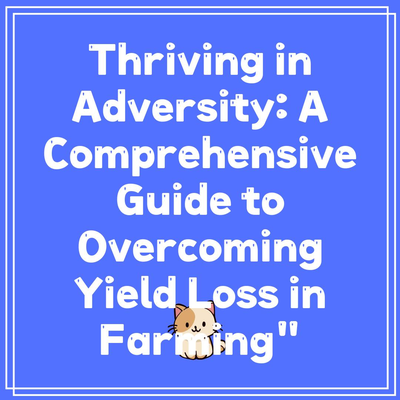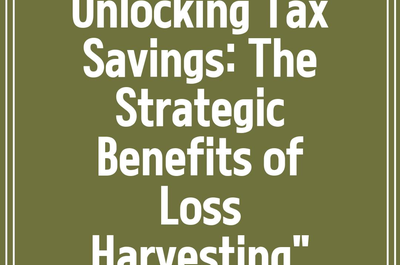
Understanding the Path to Becoming a Pro in Farming Amidst Yield Losses
In today’s ever-changing agricultural landscape, the challenges of
Recognizing Yield Loss: Causes and Implications
The causes of
To navigate through these challenges, farmers need to adopt a proactive approach which includes thorough monitoring of crops and being well-versed in the latest agricultural practices and technologies. Utilizing tools such as soil testing and pest management solutions can help in identifying problems early and implementing effective strategies.
Strategic Planning and Resource Management
Effective resource management is crucial for minimizing yield loss. Farmers must be adept at planning their resources carefully, including seeds, water, fertilizers, and equipment. One of the central strategies in this realm is employing a comprehensive approach to
The implementation of precision agriculture technology can also significantly improve yields. This technology involves using data analytics to optimize field-level management regarding crop farming. This entails assessing when to plant, irrigate, or apply fertilizers based on specific data points, which greatly enhances efficiency and crop health.
Financial Management: Navigating the Economic Landscape
Farming is not just about producing; it heavily involves financial acumen. Understanding your operating costs, potential revenue, and the market landscape is integral to ensuring profitability despite crop challenges. Farmers are encouraged to engage in detailed financial planning, which includes budgeting and forecasting based on realistic assessments of yield potentials and market conditions.
Utilizing financial tools such as agricultural calculators can assist farmers in comprehending input costs versus expected returns, which is essential in maintaining desirable profit margins during tough times. Moreover, government grants and agricultural insurance can serve as safety nets, enabling farmers to bounce back quicker from unforeseen yield losses.
The Role of Community and Networking in Success
Engagement with fellow farmers and professionals within the agricultural community can lead to invaluable knowledge sharing. Networking through local agricultural extensions or online platforms allows farmers to connect with others facing similar challenges and to share best practices for overcoming yield loss.
Joining cooperatives or farmer associations can further enhance learning opportunities and market access. These organizations often provide essential resources such as training sessions and seminars on best practices, ensuring that farmers stay informed and prepared to adapt quickly to any challenges.
Continuous Learning and Adaptation
Becoming a successful farmer also entails a commitment to lifelong learning. Staying informed about the latest farming techniques, technological advancements, and environmental practices is paramount. Participating in workshops and following industry news can empower farmers to make informed decisions that positively impact their yields.
Importantly, adopting an adaptive management approach can make a significant difference. This involves being flexible and ready to change tactics based on what the situation demands. For instance, if a particular crop variety is not yielding as expected, being open to experimenting with different seeds or farming methods can potentially improve productivity.
Conclusion: The Journey to Professional Farming
In sum, becoming a professional farmer in the face of


